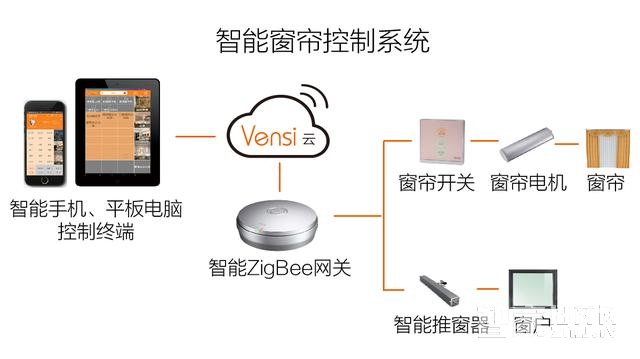As the smart home industry continues to grow, more and more people are becoming interested in understanding and purchasing smart home solutions. However, with the constant evolution of smart home technology, many consumers find themselves unsure about how to make informed decisions when buying these products. To help you navigate this complex landscape, here’s a guide on what to consider when choosing smart home devices.
Key Considerations When Selecting Smart Home Devices
1. Brand Reputation
Choosing a reputable brand is crucial. A strong brand signifies reliability and quality assurance. Stability is paramount when it comes to smart home devices, as unreliable equipment can lead to frustrating malfunctions. A well-established brand ensures that your devices will operate smoothly and consistently over time, providing a seamless user experience.
2. Functionality
It's essential to assess the functionality of a smart home product. Some devices may offer limited capabilities, such as controlling only lighting, while others can integrate with multiple systems like climate control, security, and entertainment. For a truly comprehensive smart home experience, look for products that offer broad compatibility and a wide range of features. This way, you can manage all aspects of your home from one central platform.

3. Communication Protocol
When renovating an existing home, it’s usually impractical to install a wired smart home system due to the extensive wall modifications required. In such cases, wireless solutions are ideal. For newly constructed homes, however, you should evaluate both wired and wireless options based on the specific layout and infrastructure of your space. Ensuring compatibility between different communication protocols is also key to creating a cohesive smart home ecosystem.
4. User Interface Design
Modern smart home devices often come with intuitive touchscreens or mobile apps for remote control. The user interface plays a critical role in determining ease of use. A well-designed app or touchscreen should be visually appealing, easy to navigate, and logically organized. Pay attention to how responsive the interface is, whether commands are executed quickly, and if customization options are available to suit your preferences.
5. Cost and Budgeting
Price is a significant consideration when investing in smart home technology. Prices can vary widely depending on factors such as brand, functionality, and additional features. High-end brands and advanced functionalities typically command higher prices. Before committing to a purchase, it’s wise to reflect on your needs and priorities. Identify which components are essential and which can be considered optional. Creating a detailed budget will help you stay within your financial limits while still achieving your desired level of smart home integration.
By carefully evaluating these aspects, you can identify the smart home devices that align best with your lifestyle and requirements. A thoughtfully selected smart home setup can significantly enhance convenience, security, and comfort in your daily life.
Related Reading
Article: Four Tips for Selecting Energy-Efficient Smart Home Solutions
Recommended: Smart Home Terminals, Smart Appliances, Complete Smart Home Packages
Automobile And Motorcycle Starting Power Battery
Langrui Energy (Shenzhen) Co.,Ltd , https://www.langruibattery.com